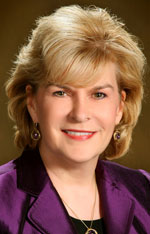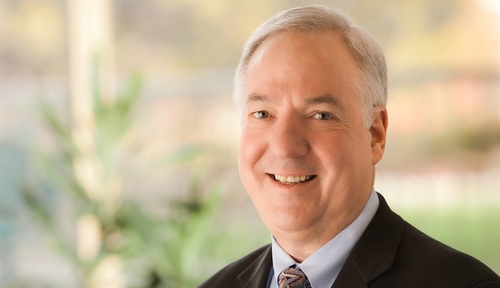In athletics, the Big Ten universities compete against each other, but now many will join together against a common foe — cancer.
Leaders from the universities’ cancer centers, including the University of Nebraska, kicked off the Big Ten Cancer Research Consortium recently in Chicago. They are uniting to transform cancer research through collaborative oncology trials that leverage the scientific and clinical expertise of the Big Ten universities.
“UNMC is proud to be a part of this consortium which is rich in both scientific research expertise and superior clinical care for patients,” said Ken Cowan, M.D., Ph.D., director of the Fred & Pamela Buffett Cancer Center at UNMC. “From development of new, improved diagnostic tools to detect cancer earlier, to more effective therapies for treating each patient’s specific tumor, the outcomes of this collaboration will be broad and sustainable, reaching patients not only in these Big Ten Cancer Centers, but nationwide.”
The clinical trials that will be developed will be linked to molecular diagnostics, enabling researchers to understand what drives the cancers to grow and what might be done to stop them from growing.

|
|
Also, the consortium forms a powerful collaboration because of the impact each university already has made in cancer research and the solid research infrastructure already in place at each university. The consortium also leverages geographical locations and existing relationships among the cancer centers.
“The consortium will allow our physicians more options for new treatments for all types of cancers available for patients in the region,” said Julie M. Vose, M.D., Neumann M. and Mildred E. Harris Professor and chief of the UNMC Division of Hematology/Oncology.
“It also means that patients at the other cancer centers can participate in our clinical trials and our patients in other centers’ clinical trials without having to travel for specific types of newer therapies and treatments.”
